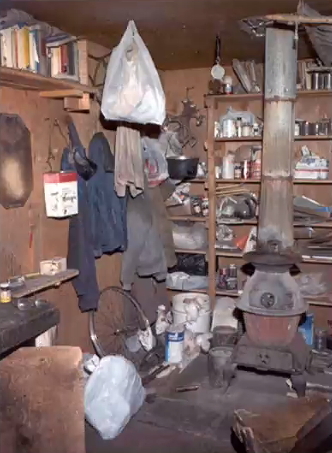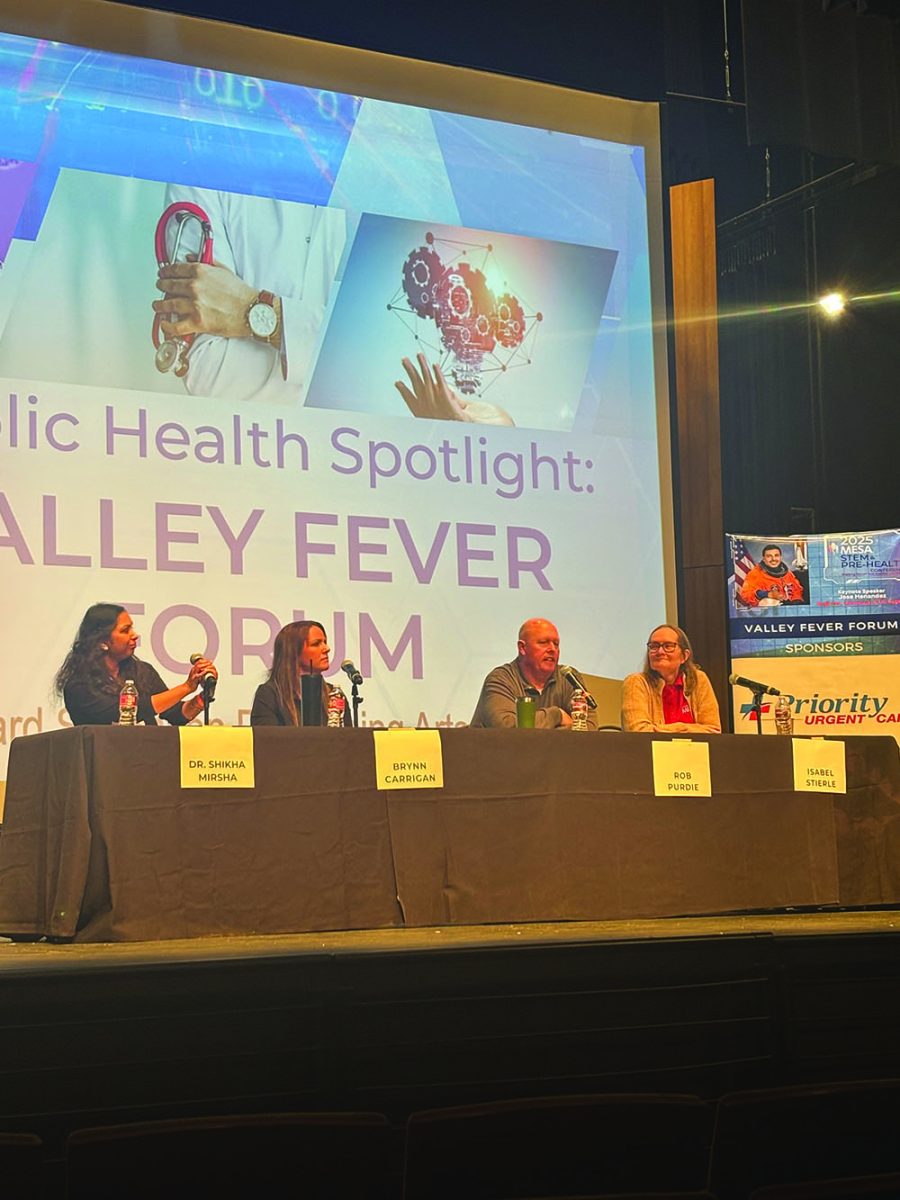Former FBI agent recalls the events of the UNABOMB case
September 3, 2021
James Fitzgerald, a criminal investigator and former FBI agent, was the first guest speaker for this year’s Distinguished Speaker Series, organized by the Bakersfield College Student Government Association (BCSGA), on Sept. 1, via Zoom.
Fitzgerald worked for 11 years as a police officer, solving numerous homicides, assaults, and other crimes before eventually entering the FBI during the Unabomber case, the main topic of the presentation.
“You wouldn’t consider him as infamous as others, but because it went for 17 years, near the end he was taunting law enforcement, taunting his victims,” Fitzgerald stated.
He began with background information on the case, stating that it went back to 1978, with the first bombing of the UNABOM (University Airline Bombing) case in the University of Illinois.
Fitzgerald stated the Unabomber was finally seen in person by a computer store employee after a failed bomb attempt. Despite the lack of clear identification, the FBI finally had a lead. The bombings stopped after this information became public, until 1993.
He explained that in 1993 the bomber would resurface and continue his spree, targeting universities and businesses with nothing left behind but letters.
Fitzgerald said 1995 was the year that he joined the force against the Unabomber. From there breakthroughs began to be made in the case, starting with a letter from 1985.
“It suddenly hit me, looking down from the left-hand column… it formed a sentence, ‘DAD IT IS I,’” Fitzgerald explained as he recalled the moment where he noticed something that the FBI had not known for 10 years.
Immediately after this observation, Fitzgerald said he was put in charge of all documents related to the case. From there he made more observations about the Unabomber’s behavior and potential motives.
On the topic of his letters, Fitzgerald also explained, “The Unabomber made no mistakes in his writing style…it’s perfect and he’s a wordsmith and prided himself in his language, and I happen to know for a fact it truly bothered him when it was determined it was his language that identified him.”
Fitzgerald said this lead toward the critical moment where a few months after he joined the case in 1995, the Unabomber sent a manifesto towards several media outlets titled, “Industrial Society and Its Future.”
Fitzgerald said he spent countless hours reading through the manifesto until he came across a breakthrough of a shorter, older manifesto sent to him by his colleagues.
“When I called back my colleagues at the UTF, here’s the deal, you have an elaborate plagiarism and someone got the manifesto… or you’ve got your man,” he said, recalling those exact words.
A phrase that alerted Fitzgerald was, “As for the negative consequences of eliminating industrial society – well, you can’t eat your cake and have it too.”
He noted that the phrase, “eat your cake and have it too” wasn’t written correctly, a mistake made by someone with otherwise flawless writing skills.
Fitzgerald said he then went through all related files that he could find, until he came across a 1970’s letter sent to the “Saturday Review” magazine, which said, “We will be sacrificing some of the materialistic benefits of technology, but there just isn’t any other way. We can’t eat our cake and have it too.”
After presenting this information, as well as a 50-page affidavit on the matter, this was enough to issue a search warrant.
“And behold, the judge saw this and for the first time ever, language analysis and handwriting language and content analysis of someone’s writing was used to obtain a search warrant in the Federal Courts,” Fitzgerald commented.
He said eventually it all linked back to a man named Ted Kaczynski. The Unabomber had been caught.
“He was truly a genius, one of the most ingenious criminals the FBI went up against,” Fitzgerald stated.






